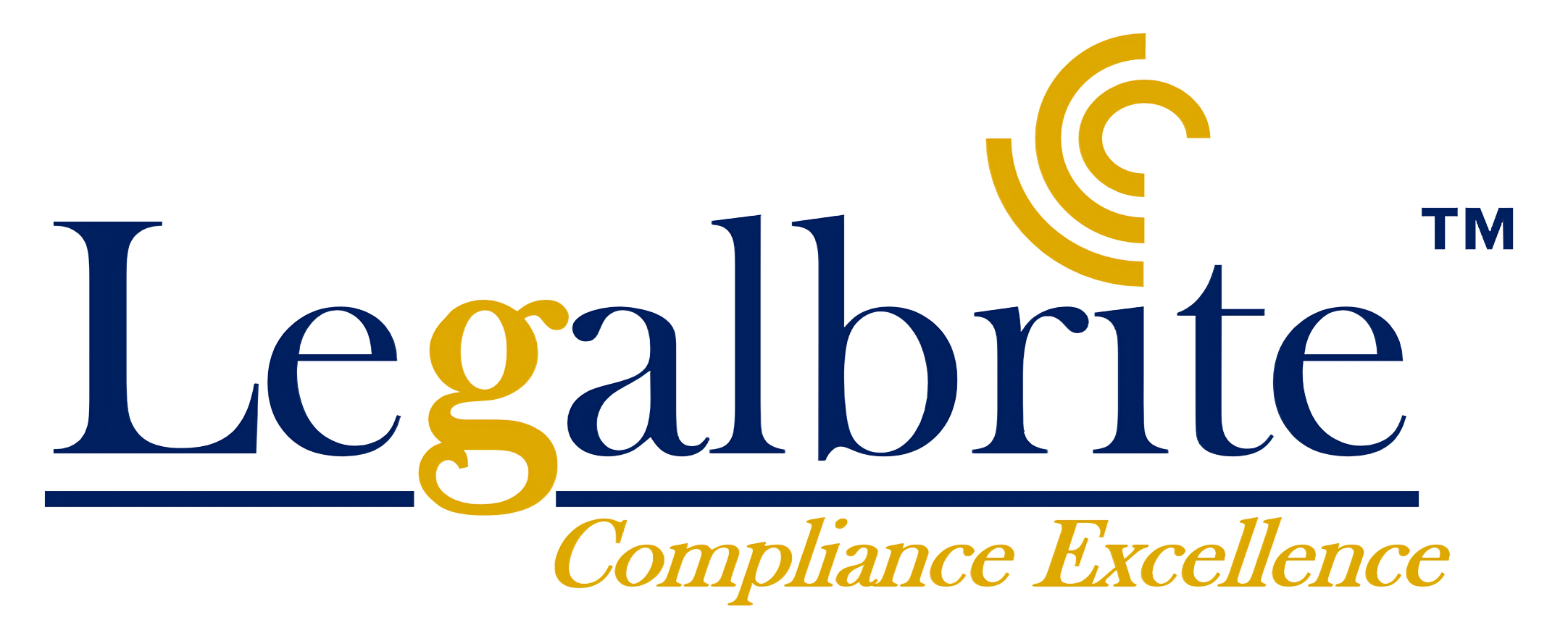Department Circulars Updates
Hi ,
Want your opinion on 2 things :-
a. Impact of Startup Work exp on MBA applications
b. Post MBA prospectus, given i want to stay in a similar domain
Before we dive in, here’s some background :-
Education –
10th – 10CGPA
12th – 95%
UG – 7.8 CGPA
Passions –
Golf ( All India tour player in Under 16 Catgeory )
Yoga ( Currently pursuing Yoga Teacher training with a credited institution )
Runner ( 100+ KMs every month )
I am a 2020 engineering Graduate from a T1 School
Was clear on joining the non tech domain post engineering – secured a Pre Placement offer at India’s 3rd highest valued startup in 2019 ( 2 PPOs in a cohort of 30 T1 final year students )
Role – Market Research + Business Analyst
Experience – 1.5 Years – I was the Single Business Analyst for the Strategy Lead @ CEOs office, worked on launching and scaling multiple new business models.
Switch
Moved to another startup – a used car marketplace disruptor –
Role – Associate Program Manager
Experience – 2.5 years ( 2 promotions and highest rated employee over 2 appraisal cycles )
In the founding team of a new vertical in the company, which scaled from 0 to 1B$ ARR during my tenure
Lucky to have been trusted by VP and hence wore multiple hats – Analytics lead, Operations lead, Strategy Associate, Process Excellence ,Product Ops, GTM – … leading 200 + people , Accrued leverage due to analytical prowess, and know how of everything in the vertical.
Now,
Quit my job, in May becuase of 2 reasons :-
a. Was working 6-7 days a week for around 4 years – earlier had multiple burount cycles but somehow managed to survive by unhealthy coping mechanisms – but this time was mistreated by direct manager, and moreover I was not satisfied by the startegy of leadership, which had been on a constant downfall for the past 2 quarters. Needed some time off to recalibrate – decided for a 3 month break where I build my profile for MBA applications this year and ace the GMAT. Planning to start working again by August
b. Being a heavy generalist i want to now acquire depth within a certain field – in order of preference – consulting, process excellence, supply chain management, business anayltics, sales operations.
Start up work ex has given me immense breadth but little to no DEPTH, which i feel is necessary to go up the ladder as my years of experience increase.
To address (b.) i applied at many corporates but to no avail, likely baucase they are currently prefering T1 MBAs and there is a surplus of T1 MBAs in India, who are willing to join at not so handsome compensations given the market situation.
Concluded that exit opportunites for Non MBAs at startups are limited to only other startups which, again, offer very ad hoc generalist roles given my experience.
So now I am 100% sure that i need the MBA to break into the desired fields at a decent designation and comp level , with prospectus to grow and make lateral moves if desired. Last drawn comp was 80% of average T1 mba comp placement.
Concerns :-
1. I have heard that work ex in big brand names is benefical in cracking admits to T1 schools like ISB. Does my startup experience not hold up in comparision ? I can surely weave a very compelling story on my imapct at these firms and I have LORs from the senior directors at these firms to back my claims.
2. Post the MBA – I want to stay in similar domains – heard typically people do the MBA to pivot roles, so will this reason be compelling enough to the adcoms ?
dhruvshawarma hope this finds you well. I like how you have shared the growth trajectory of the startup during the period you were associated with the company. Thats the benchmark schools will use to evaluate your potential. Well done
Concerns :-
1. I have heard that work ex in big brand names is benefical in cracking admits to T1 schools like ISB. Does my startup experience not hold up in comparision ? I can surely weave a very compelling story on my imapct at these firms and I have LORs from the senior directors at these firms to back my claims.
What you have heard about feeder brands being a safe route to top B schools is an overly generalized statement. Business schools love to see interest from candidates who have hustled and worn many caps in dynamic environments. Startup stints are highly valued, especially when it comes to young candidates who can present a narrative around how their contributions in each area have taken the company’s position from 0 to 1 in the areas of expertise. To demonstrate a high level of ownership, you should also unpack your experiences and reconstruct your stories in a way that shows how working closely with leadership on tech strategy, business building blocks, and implementation has given you much more practical experience, experiential maturity, and ability to contextualize business problems (specifically for your area of work) than most others who come from similar backgrounds and are your age. Outline the issues you are currently facing and how the ISB network would benefit you or the future employer. You are not at any disadvantage except for the fact that you are currently not employed. You will have to address your career break very strategically.
2. Post the MBA – I want to stay in similar domains – heard typically people do the MBA to pivot roles, so will this reason be compelling enough to the adcoms ?
You are free to pursue any path you choose with your MBA/PGP degree. Admissions committees primarily assess whether your reasons for pursuing an MBA/PGP are justified. Given your experience in scaling up operations across products and processes, you would be well-suited for roles in consulting or program management, including process excellence, supply chain management, business analytics, and sales operations.
Expert tip- You should contemplate which of these fields excites you the most and then devise a strategy to highlight the relevant transferable skill sets for that area. Doing so will enhance your position during the ISB interview.
Having said the above, you should also not underestimate the importance of the LORs.
Cultural misalignment is a common reason for employee separations. If you believe that a cultural mismatch impacted your decision to separate, it is important to address this issue thoughtfully in your MBA applications. Avoid blaming others or getting caught up in office politics when explaining the employment gap. Post MBA transitions from start-ups to larger bureaucratic organizations, or vice versa, can also result in a sense of cultural misfit. Similarly, individuals accustomed to large organizations may struggle with the fast-paced and dynamic nature of start-ups. Regardless of which professional culture resonates with you, crafting an authentic narrative that demonstrates how you will thrive in that environment post-MBA is important. If you are applying to other schools, this will help you identify schools that align with your preferred style and culture.
Transform the Employment Gap into a period of Personal Growth
Effectively managing the employment gap requires proactive steps and careful consideration. Even if you attribute the separation to cultural or economic factors, it may take several months to secure the right new job. During this period, consider pursuing social work or joining a non-profit organization. Good to know that you are pursuing Yoga Teacher training with a credited institution This will allow you to utilize your skills outside of your core area and gain validation and also help you to showcase personal growth while rebuilding your financial security and self-confidence. Focus on regaining stability and momentum in your career journey. Continue to actively look for roles. The employment gap has traditionally been a dreaded topic of conversation for job seekers and MBA applicants alike. But optimistically, the employment gap can also be seen as an opportunity to pursue passion projects or activities that give your life meaning. Presenting your conviction to remain productive and learn new skills during the employment gap will have a positive impact on your applicant profile.
Feel free to connect for professional guidance
Get personalized advice tailored to your unique circumstances in the B School admissions process. Reapplying? Get a free ding analysis


